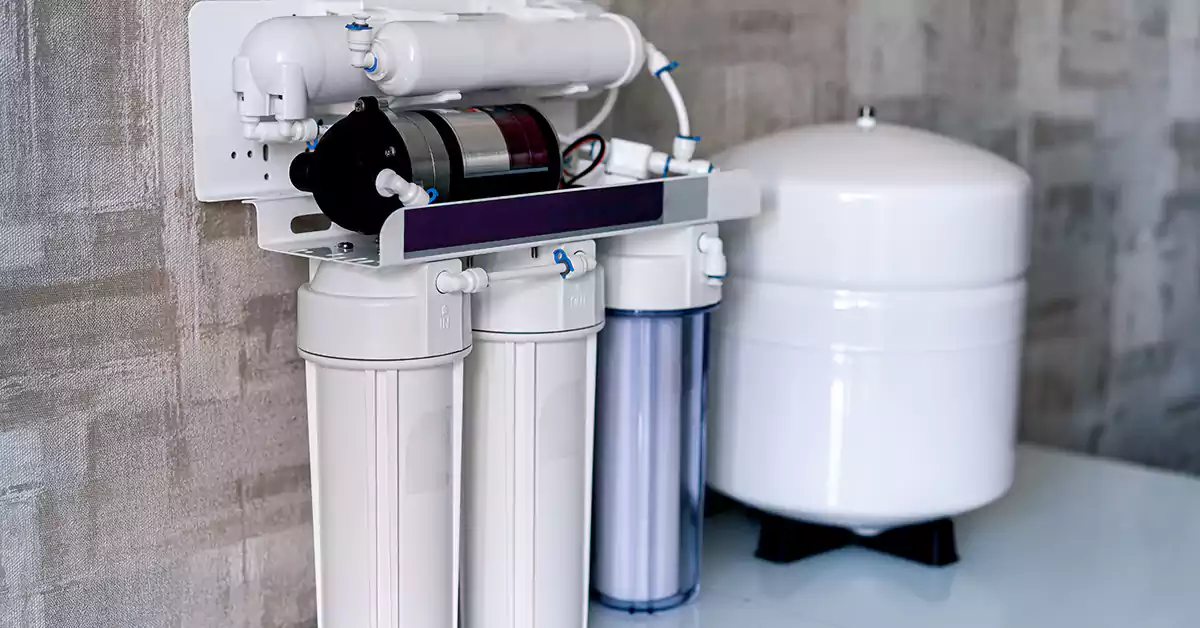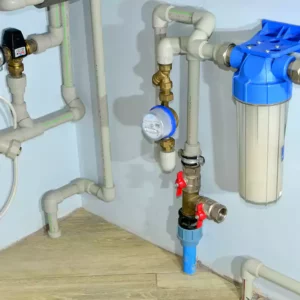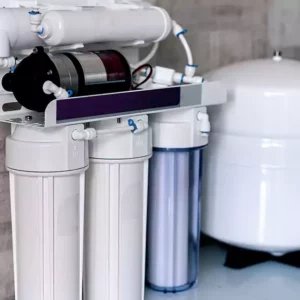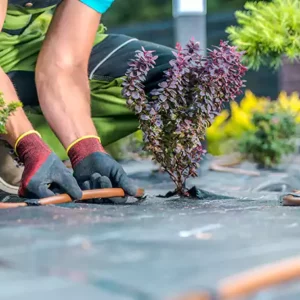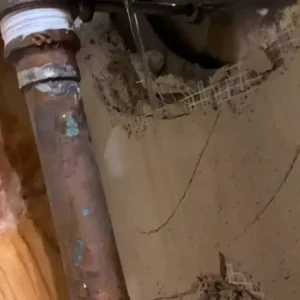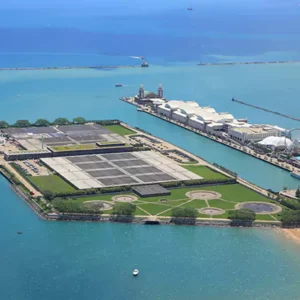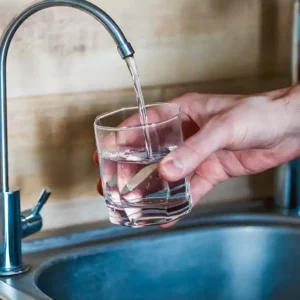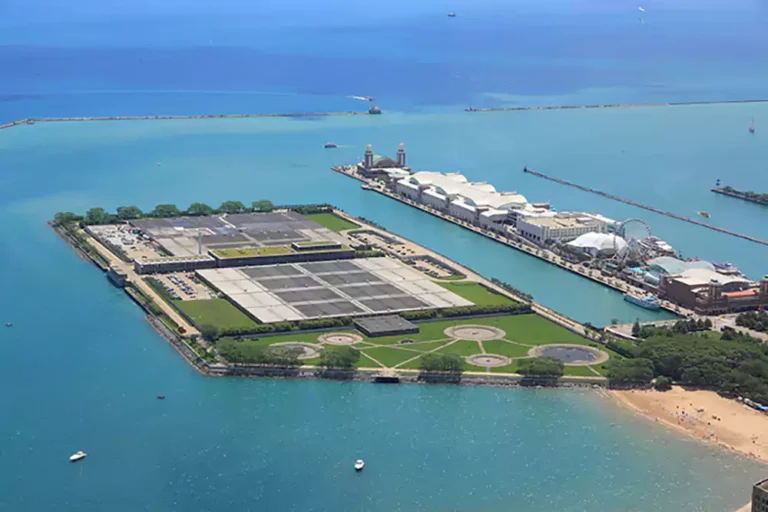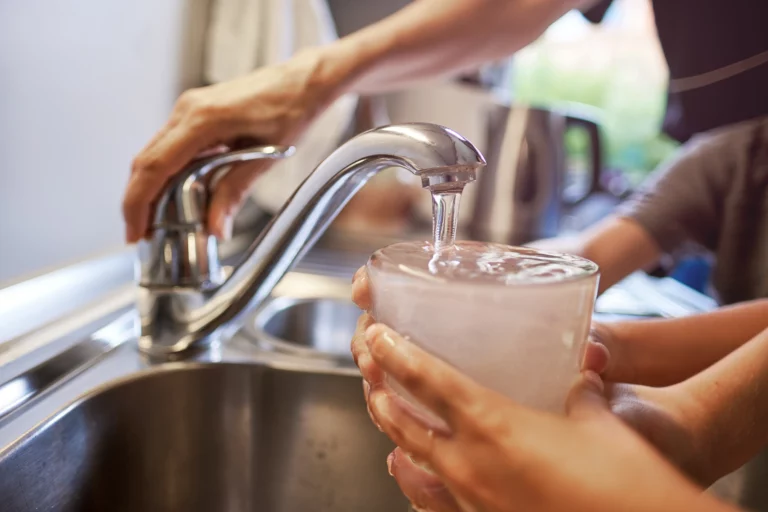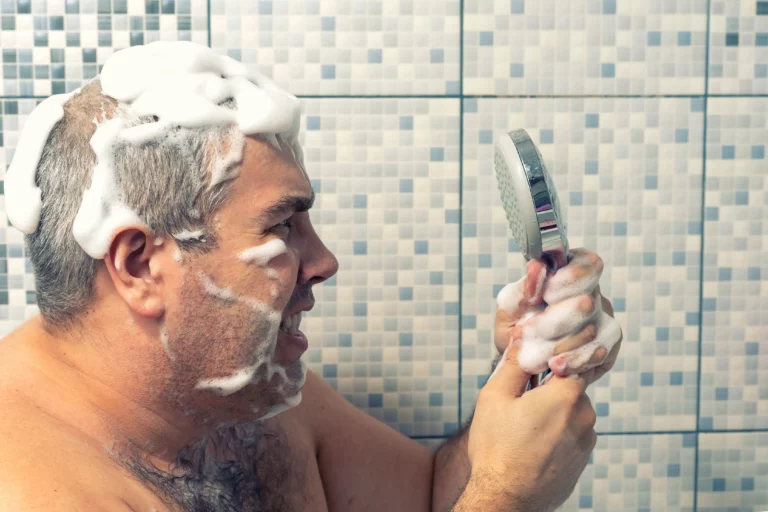Here’s Why You Need Water Filtration in Your Home
Many of us take clean water for granted. We turn on the faucet and expect fresh, clean water to come out — but that’s not always the case. In Chicago, tap water can be full of contaminants like chlorine and even lead! Not only is that unpleasant to drink, but it’s also harmful to your health. In this article, we’ll discuss the best ways to improve your water quality and make the best use of water in your home!
Water Filters in Chicago
Water filters are great to put in any home, having pure water to drink, cook and bathe with keeps your body functioning well and it tastes great! In Chicago, our experts recommend installing water filtration due to the many contaminants in the city’s waters, such as chlorine and lead.
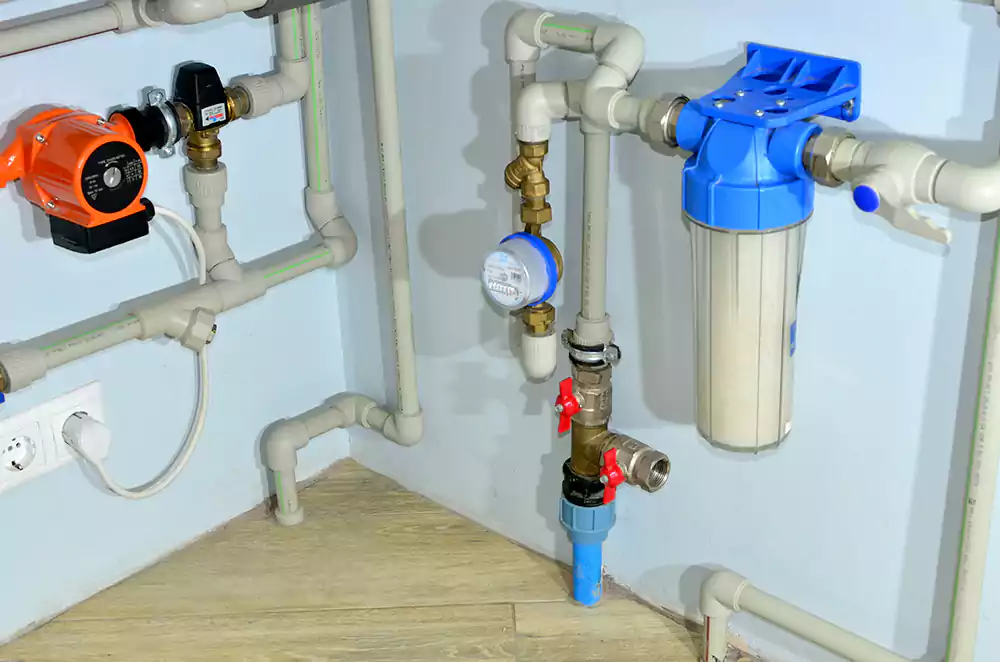
Chlorine in Chicago’s Drinking Water
One of the many reasons to install water filters in your home is to avoid drinking chlorinated water. Chicago water treatment plants use chlorine to kill off any harmful bacteria, however, that chlorine remains in the water that citizens end up consuming and using.
While the levels of chlorine in Chicago’s water supply are within safe limits prescribed by the Environmental Protection Agency (EPA). It can still be unpleasant to consume and can cause skin irritation. The EPA also states, “chlorine is a potent irritant to the eyes, the upper respiratory tract, and lungs.“
A water filter on your shower or bath faucet, as well as on the kitchen tap can help remove the harmful chemicals and make your home’s water safe.
Lead in Chicago Water Supply
Chicago has more lead pipes in its water system than any other U.S. city, which is why filtering your water is so important. Recently, the Guardian published an article revealing the high levels of lead in neighborhoods around Chicago.
Certain water filters can remove any significant amounts of lead that may be present in the water. The EPA states lead is a serious health hazard, especially for young children and pregnant women. By filtering your water, you can rest assured that you and your family are not being exposed to this toxic element.
In addition, water filters will also remove any significant amount of lead that may be present in the water (EPA study). The EPA states lead is a serious health hazard, especially for young children and pregnant women. By filtering your water, you can rest assured that you and your family are not being exposed to this toxic element. Lead above a certain level is considered dangerous.
There are a number of different types of water filters on the market, and not all of them filter lead. Per the EPA a lead level above 15 ppb is considered dangerous. It’s important to find the right product to filter all contaminants from your water.
Water Filtration Systems & Water Filters
There are many ways to achieve water purification in your home. Most water filters work by using a membrane to filter the water supplies through, removing any particles. The membrane, or filter, can be made of plastic or some are charcoal to help remove trace amounts of chemicals.
Our water quality experts can help you choose the best water filtration systems for your home! Call us today to schedule a free estimate (773) 799-8848!
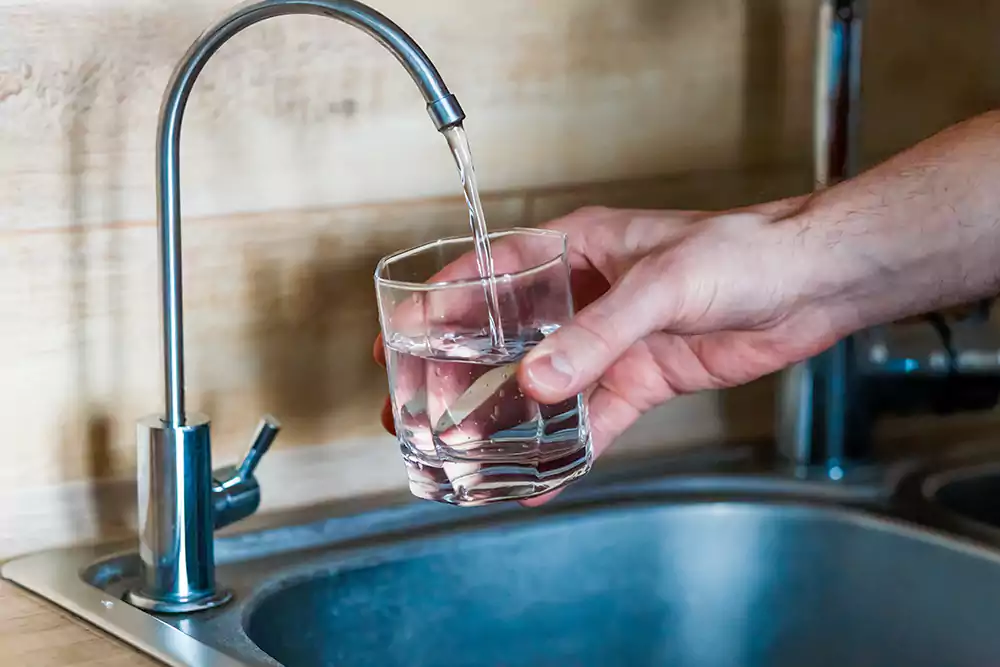
Why Chicago Water Needs Reverse Osmosis Water Filtration
Rescue Plumbing recommends a reverse osmosis water filtration system. This type of filtration can remove up to 95-99% of contaminants. Reverse osmosis uses a high-pressure pump to force the water across the semi-permeable RO membrane, leaving almost all dissolved solids behind. This leaves only purified water as the result.
Reverse Osmosis water filters are the best water filtration method for the removal of chlorine, sewage, and other contaminants.
Water consumption of reverse osmosis water is usually seen as best for consumers. Popular bottled water companies often use a water purification process of reverse osmosis before selling to consumers.
Chicago Sewage in the Water Supply
The main water supply in the Chicagoland area is Lake Michigan. When the city experiences a torrential downpour, the sewer will overflow into the lake. That means sewage is in our drinking water supply. Water pollution can affect your health and your home’s water quality.
Lake Michigan Water Treatment
There are water treatment plants located along Lake Michigan that takes water into the filtration system to remove bacteria and debris. While these filtration systems clean the water well, the water can be treated chemically in the process, adding chlorine and other contaminants in the process.
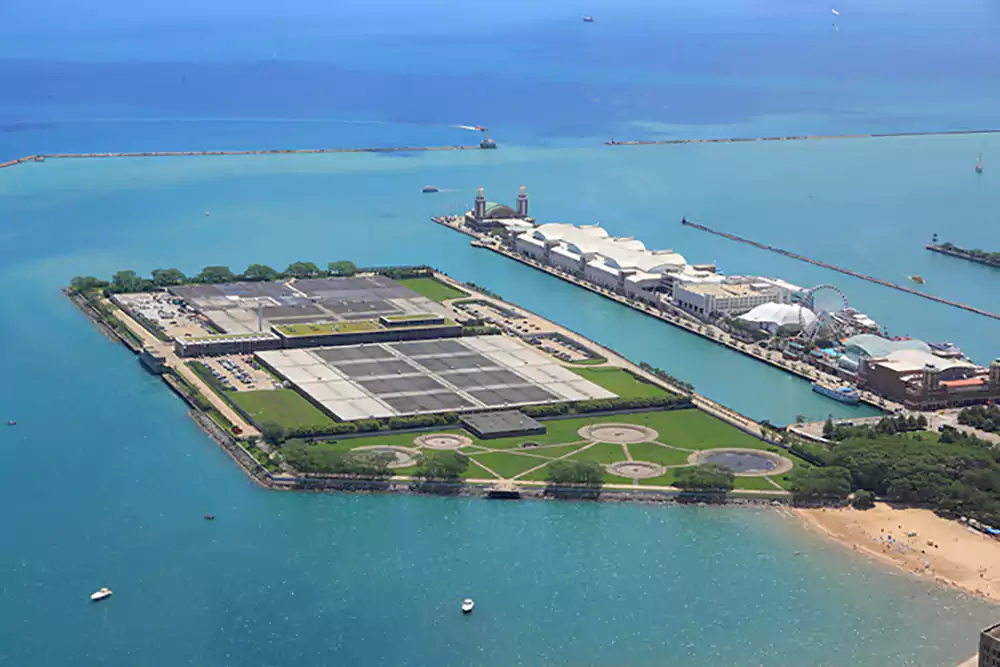
Chlorine is a Chemical
Chlorine if consumed in significant quantities can also be poison. The removal of chemical substances from the water is important for the health and safety of your family.
Water Filters in the Bathrooms & Your Health
Most people take hot showers. Hot showers produce a lot of steam, in Chicago, where the water has chlorine, which means the steam has chlorine as well. This is not good for your lung health. In the shower, your skin’s pore size expands which can lead to further absorption of these chemicals through the skin.
Rescue Plumbing recommends installing a filter on your showerhead. This can protect you and your loved ones from bathing in chlorinated water.
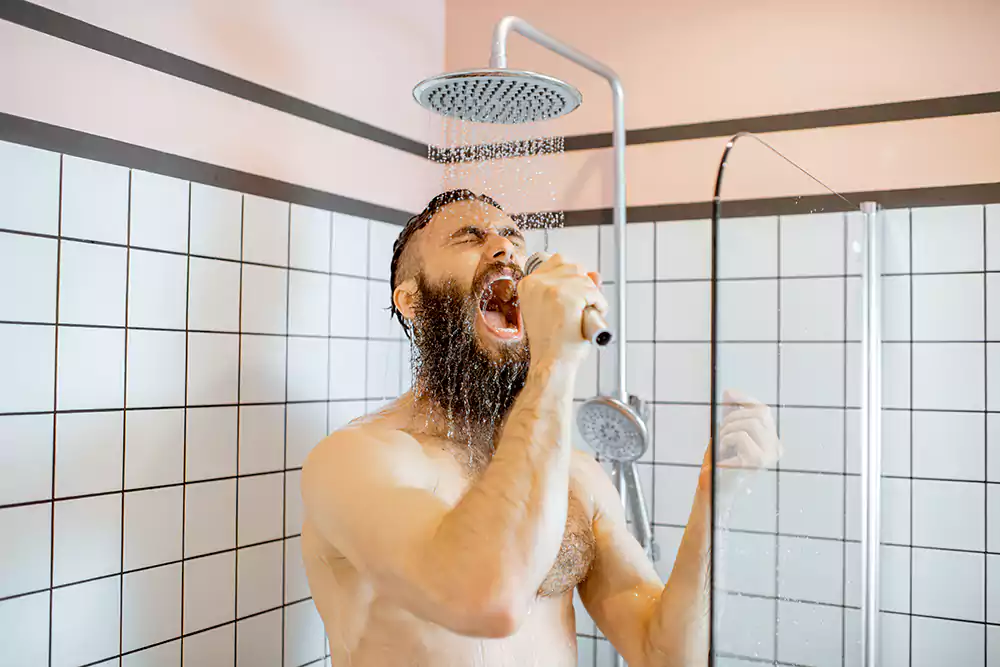
Whole House Water Filters
Water filters come in many forms and you may want to consider whole-house water filtration systems. These water filtration systems are installed on the main water line coming into your home.
This means that every time you turn on the faucet, take a shower, or run the dishwasher, you are using filtered water. These filtration systems are a great option for those who are concerned about the quality of their water. If you want to make sure that you are using the best possible water for everyday use, use water filters.
Problem with Reverse Osmosis Water Filter
The reverse osmosis system does a great job at removing unpleasant tastes and nasty chemicals from drinking water. However, the process produces a lot of wastewater or “concentrate,” the ratio for a “Point of Use” RO system is 4 gallons of wastewater to 1 gallon of purified water.
That 4:1 ratio can be concerning to eco-minded consumers. However, there are ways to improve both your water quality and water consumption. There are new RO designs and ways to reroute the wastewater.
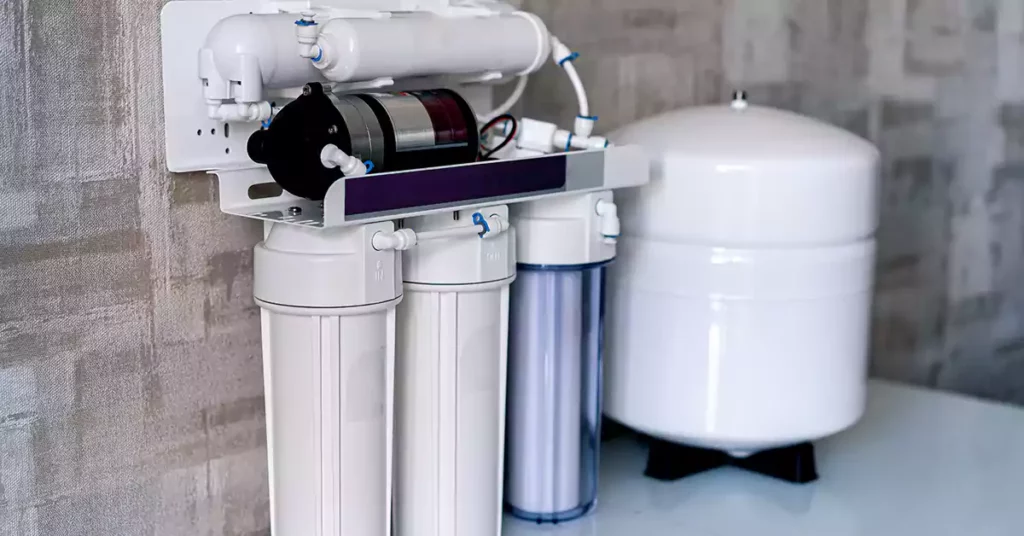
Rescue Plumbing believes in preserving our beautiful Chicago and Illinois waterways while having safe water in our homes. Our plumbers are happy to offer a free estimate for water filtration in your home; call us today at (773) 799-8848. We had our experts put together some water conservation tips as well!
Water Conservation & US Environmental Protection Agency Standards
Today, reducing your water footprint means stopping inefficient water use. Water shortages mean irrigation techniques and outdoor water use need to change. The EPA enacted new standards to help guide industries and citizens to improve water consumption and conservation.
Conserving water is everyone’s business. Stopping things like household leaks will save water and lead to water-saving measures that benefit sustainability. Fixing pipes with holes or leaks will save both water and money. Some simple measures can save you money on your home’s utility bill.
Water-Saving Tips to Save Groundwater
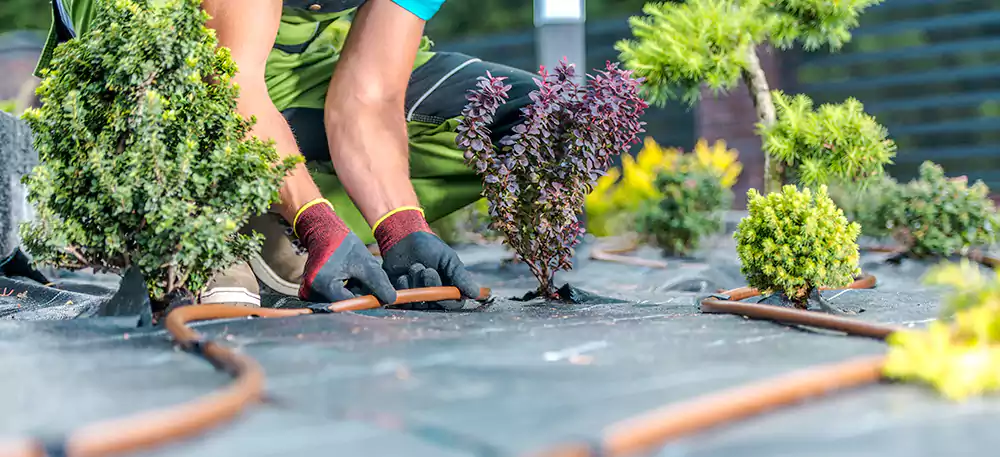
To save groundwater and keep soil and resources intact, there are several things you can do per the EPA. The EPA recommends beneficial practices, such as:
These are just a few tips to help you conserve water and prepare for any water shortages during the summer months. For more information on how to save water, visit the EPA’s website or check out your local water conservation district.
Simple Things to Decrease Water Footprint if You’re a Business Owner
To lower your water consumption, if you’re a business owner, install specialized water filtration systems in your facilities. This includes water filtration systems in bathroom facilities, restaurant facilities, and commercial settings.
Installing a low-volume faucet, dishwashers with a low water cycle, washing machines with a low water cycle, and water filtration systems that limit output are great starts.
Food Preparation Businesses
Businesses such as bakeries, restaurants, and food processing plants all deal with large volumes of water. Water filtration systems are vital to quality food and ensuring great taste, they also save water. If you work in one of these industries, ask a Rescue Plumbing plumber about ways to improve your plumbing and water filtration systems. To see how we can help call (773) 799-8848.
Stopping Water Leaks in Your Business or Home
A significant amount of water waste comes from leaks. By some estimates, over 10% of Chicago’s fresh water is wasted due to leaks (Source: WBEZ NPR).
Make sure to have all leaks repaired as soon as possible by a professional. Leaks can often be caused by old pipes that have corroded. If you have an old building, it might be time for a pipe replacement or repiping. This will save water in the long run and decrease your water bill.
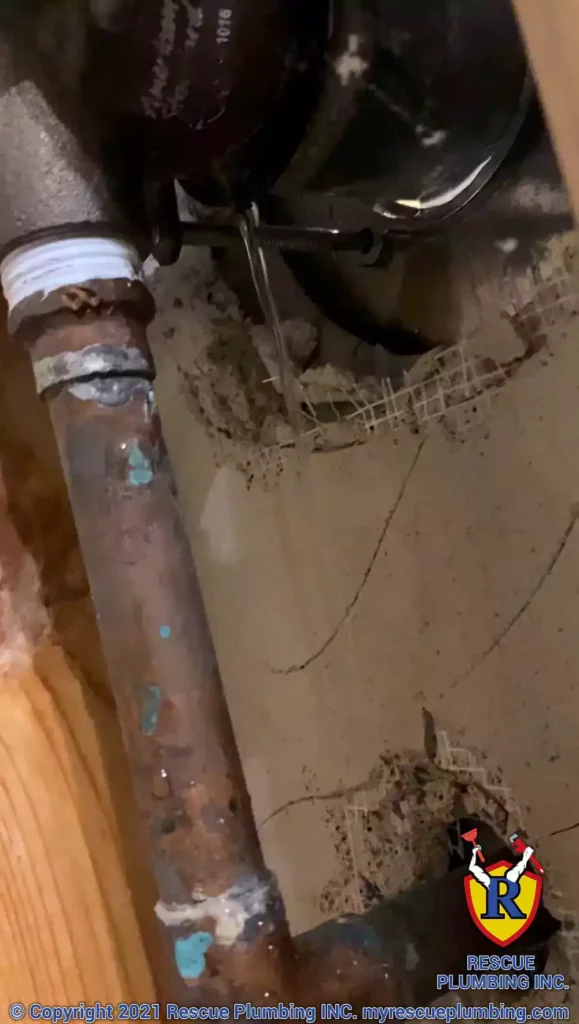
Rescue Plumbing offers free estimates verbally on all plumbing services to make sure your business never has to go without water. Call today (773) 799-8848!
How Water Filters Save Water
Installing water filters can help conserve water. Water filters not only purify water but also limit water flow. An efficient filter can use less water by limiting the water pressure.
It’s important to remember that water conservation isn’t just about saving water. It’s also about using water efficiently. By using less water, you can help reduce your water bill and save money.
Side Benefits of Water Filters
Some people will decrease their water use with filtered water as it tastes better, so you’re less likely to let the tap run while you’re waiting for the water to become clear.
By filtering your water, you can save money on your water bill and help reduce your carbon footprint and save more resources!
Why Water-Saving Water Filtration Systems and Water Conservation Matters
Water conservation and water-saving water filtration systems are essential to our community’s health. As an individual homeowner or household, your family’s health matters too. As a business, saving water saves money.
Water conservation with water filtration systems and water conservation measures ensures your children and your children’s children will have water in their homes.
Water filters, on the other hand, are a short-term strategy to protect your family’s health now. If you do not have water filters in your home, you’re at risk. Everyone must have clean water to avoid health problems.
Need help installing water filtration systems or fixing leaky pipes? Call us today at (773) 799-8848 to start your project!
Rescue Plumbing Recommends Good Quality Water
Quality water consumption is important for the environment and your family’s health. Water conservation and filtration will provide ease of mind for the future. Call Rescue Plumbing at (773) 799-8848 for a free estimate on the installation of water filtration systems.
